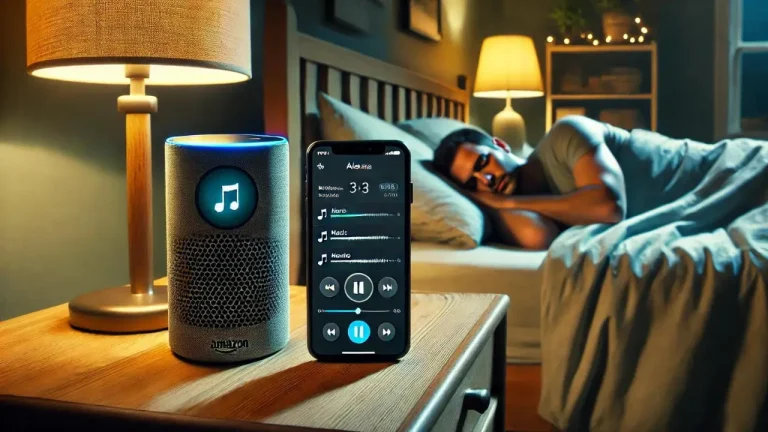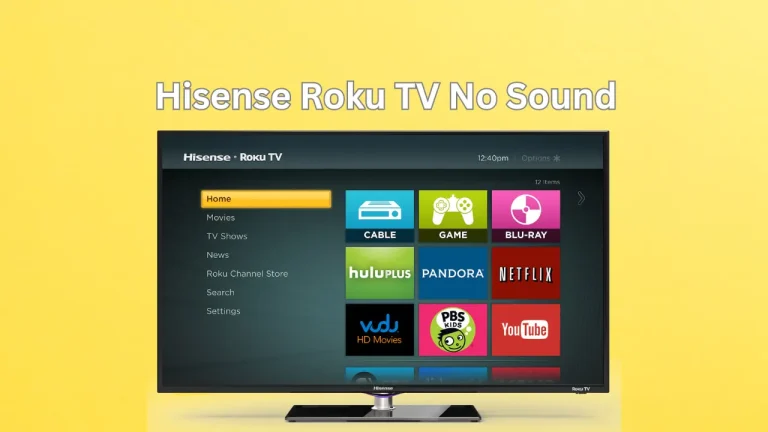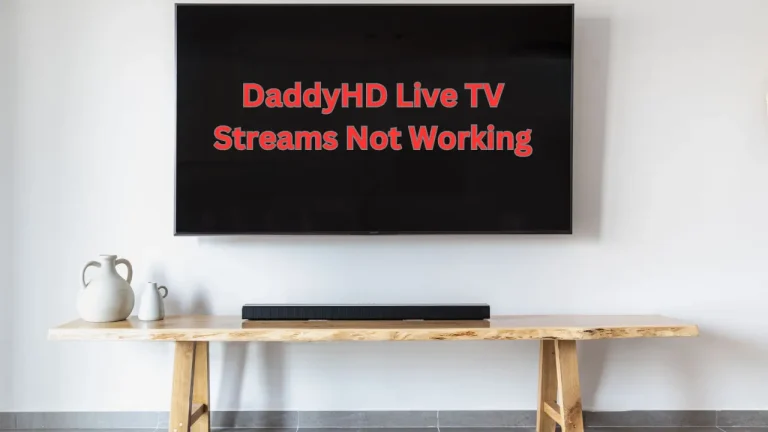How Fast Is 1.5 Mbps? [Quick Comparison 2024]
I understand your confusion regarding the “1.5 Mbps” speed; I was in the same situation when I first heard the term. You may read about different internet plans or download speeds and think, how fast is 1.5 Mbps? Please find out if 1.5 Mbps is slow or fast and compare it to other speeds.
Understanding Mbps
Let’s define Mbps first. Mbps signifies “Megabits per second.” It measures data transfer per second. Like water flowing through a pipe, more water can flow through a bigger pipe. So, your data will travel faster if you have more Mbps speed.
To give you a sense of scale:
1 Megabit = 1,000 Kilobits.
1 Megabit is about 1/8th of a Megabyte (MB) because a byte has 8 bits.
Is 1.5 Mbps Fast or Slow?
1.5 Mbps isn’t the quickest nor the slowest option today. It’s “basic broadband.”Detailed below is an overview of the capabilities of 1.5 Mbps:
Web Browsing and Email: 1.5 Mbps is sufficient for email, web browsing, and social media. Page loading may be slower than faster speeds, but it’s okay. It’s easy to read news, browse Facebook, and find recipes.
Streaming Music: You can stream songs easily. Spotify and Pandora should operate. However, high-quality streams may be delayed. Standard-grade music streaming uses 128 kbps at 1.5 Mbps.
Video Streaming: YouTube and Netflix have limitations for video streaming. At 1.5 Mbps, you may watch 240p or 360p videos. Higher resolutions (720p or 1080p) often buffer, making it annoying. YouTube recommends 1 Mbps for SD and 3 Mbps for HD.
File Downloading: 1.5 Mbps will download files, but slowly. As an example:
- Downloading a 10 MB file takes 53 seconds.
- It takes 9 minutes to update 100 MB of software.
- A 1 GB movie takes 1.5 hours.
Online gaming: Hit or miss. Many games may operate at 1.5 Mbps; however, lag may occur if others use the internet. Data-intensive online games may not work well with 1.5 Mbps.
Video Calls: Zoom and Skype may work at 1.5 Mbps, but the quality is terrible. Unstable connections might cause choppy video and audio and call drops. Some apps demand 1 Mbps for standard video quality.
Real-Life Scenarios: How Fast Is 1.5 Mbps?
Suppose you want to watch YouTube at home. It buffers less at 1.5 Mbps for 360p viewing. Things will slow if your roommate downloads a large file or streams a movie.
Working from home and joining a video chat at 1.5 Mbps may be difficult. Video calls take a lot of bandwidth, which may lower quality. The performance may be limited if you frequently transfer huge files or use cloud apps.
Consider an internet-connected home with smartphones, tablets, smart TVs, and computers. At 1.5 Mbps, two devices streaming or downloading simultaneously could slow down. Tasks that take longer or streaming buffers frequently may frustrate you.
Comparison with Other Speeds
To help you see things more clearly:
Dial-Up Internet: Approximately 56 kbps. Slower than 1.5 Mbps, making web browsing difficult.
Basic Broadband: 1.5–3 Mbps is standard. Ideal for light internet use.
Standard broadband: 25 Mbps +. It supports many devices and demanding activities like HD streaming and online gaming.
High-speed broadband: 100 Mbps and above. It suits large homes with several devices and high usage.
FAQs
Can you watch Netflix on 1.5 Mbps?
You can watch Netflix on 1.5 Mbps, but the quality will be low. Netflix needs a 3 Mbps standard for high quality.
Is 1.5 Mbps good for working from home?
If you are using it alone, it is OK for routine work, but it’s insufficient speed if you have a group call or do other heavy work.
Conclusion
So, how fast is 1.5 Mbps? It depends on your needs. It’s okay for browsing, emailing, and streaming music. However, high-quality video streaming, massive downloads, and several devices utilizing the internet simultaneously can slow it down.
Many households today have many internet-connected devices—smartphones, tablets, smart TVs, and more. Consider a faster internet plan to keep everyone happy and connected if that describes your home.
This explains 1.5 Mbps and how it meets your internet demands. That is no problem. Feel free to ask more questions!







